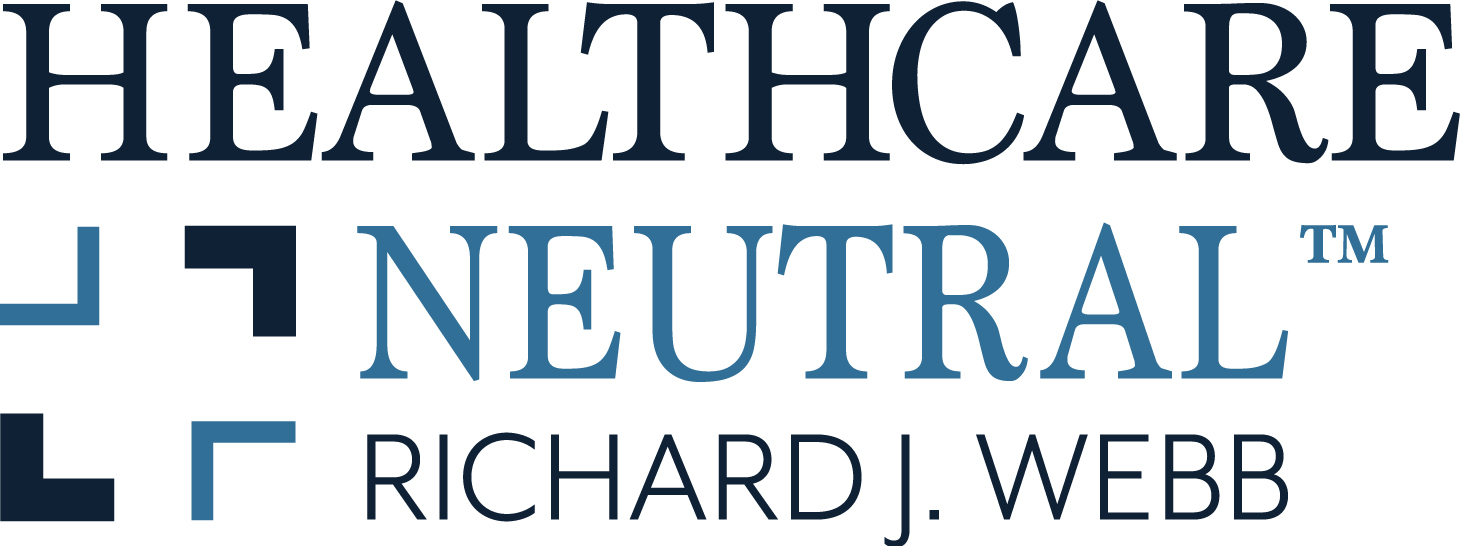
Reshaping Doctors’ Compensation – Be Careful What You Wish For
January 19, 2012
Healthcare reform measures and the prevailing wisdom of industry visionaries tell us that the way we pay our doctors must change. In a nutshell, we\’re told that doctors paid on a “piecemeal” basis: have an incentive to order and do more work (at greater cost); treat the immediate condition rather than the whole patient; and are disconnected from any responsibility for the real, total cost of their patients\’ care. Thus, the push towards “accountable care” calls for remaking doctors\’ compensation models to discourage piecemeal work, reward patient satisfaction and instill awareness of total system costs. Government agencies, health insurers and hospitals that regularly deal with doctors\’ compensation are anxious to put this theory into practice.
But be careful what you wish for.
At least some evidence shows that patient satisfaction doesn\’t indicate the best medical care. Writing at KevinMD.com, Kevin Pho, M.D. acknowledges that patient satisfaction scores are a good way to identify ways to improve the patient experience, and that “happy patients” are far less likely to file malpractice claims. He also recognizes that patient satisfaction generally translates into higher revenue for hospitals. On the other hand, studies do not indicate a strong correlation between patient satisfaction and quality of care. In fact, the compulsion to make patients happy by “giving them what they want” may run counter to both quality and cost considerations.
Another serious challenge to the prevailing wisdom comes from David Shaywitz, M.D., PhD, writing at The Health Care Blog (1/17/12). He questions whether it is appropriate and in the best interest of patients for doctors to be thinking about society\’s healthcare costs?
“The cornerstone of medicine, the most fundamental principle, in my mind, is the absolute, rock-solid belief that your doctor is your unqualified advocate and will work as hard as possible to provide you with the best medical treatment possible, as if you were a member of her own family…
Perhaps (and it pains me to say this), physicians have something to learn from our colleagues in the law. It could be that we are better served by an adversarial system of some kind, where at least you can trust your doctor, rather than by a system in which physician’s role is to assess not only your disease but your relative value to society.
We’re not there yet, but when I read about the supposed moral imperative to be responsible stewards of the public healthcare dollar – yes, I worry. And so should you.”
I think David Shaywitz is right.
So what does this mean for the prevailing wisdom? It may mean that the prevailing wisdom is as much about how to maximize payment under the coming (“reformed”) system as it is about improving patient care. Could we be substituting a new set of flawed incentives for the old flawed incentives? As conflicts arise in the competition over the ever-shrinking pie, the players need to steer clear of false assumptions. The process of sorting out the allocation of limited dollars will be hard enough without paying for dubious improvements.
[Image: Wish, November 22, 2009, by Jessica Tam]
